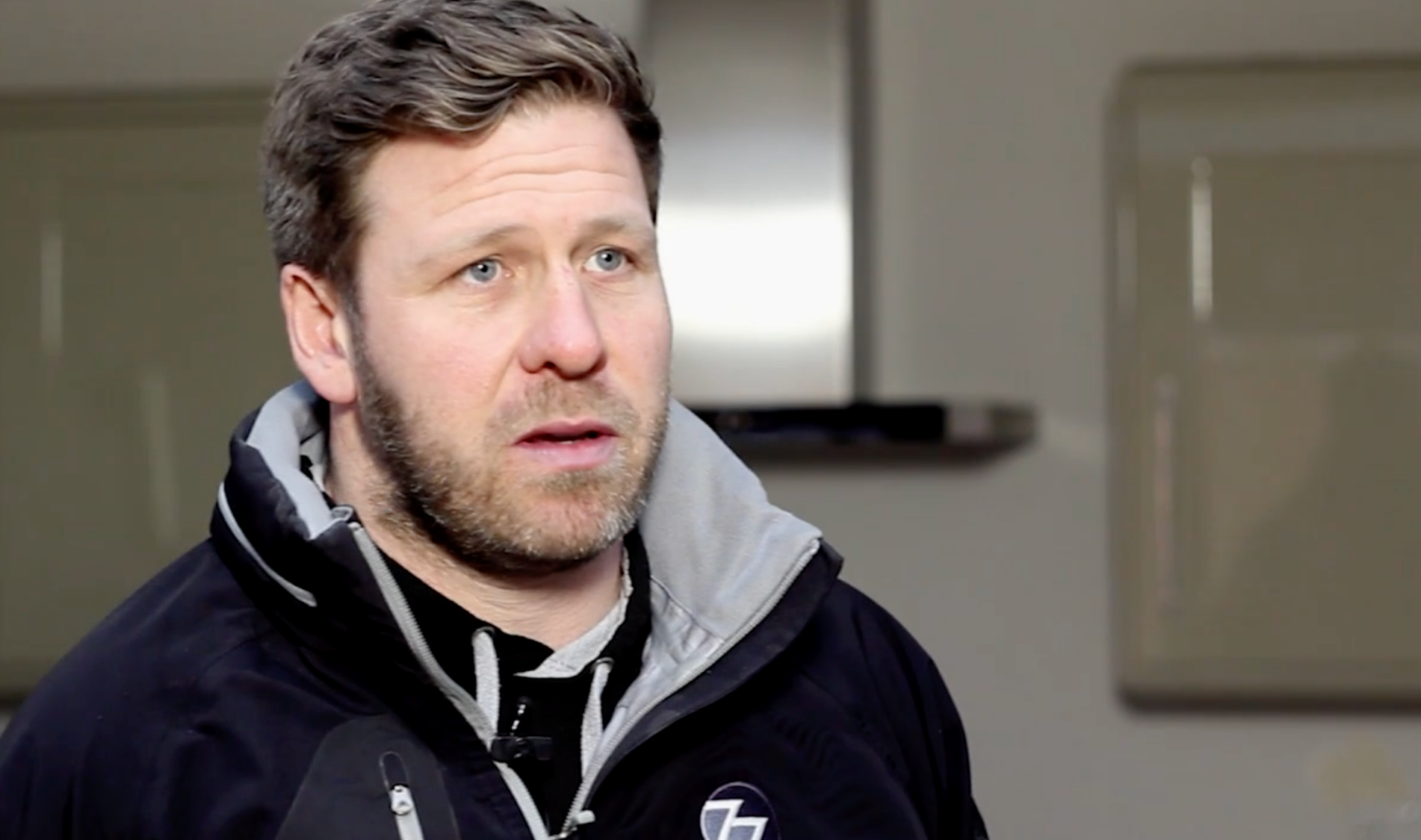Unfortunately, everybody makes mistakes in almost every industry and walk of life. Not only are they inevitable, but they’re also important parts of learning and gaining experience in a given field. Whether it’s a toddler learning to walk, a young adult navigating their first proper job, or a property developer taking on a new project, mistakes are par for the course.
However, when it comes to property development, mistakes can add a significant amount of cost and stress to the build, and in extreme cases, completely derail a project. When so much money is at stake, it’s important to minimise mistakes and oversights to ensure you make a profit.
In this blog post, we’re going to explore the top five most common mistakes made by first-time property developers, and what you can do to avoid them.
Common Property Development Mistakes
1. Lack of Research
One of the biggest mistakes that a first-time property developer can make is to do insufficient research into the local market before taking the plunge. Having a thorough understanding of the area, the demographics, the demand for different property types, and the amount that similar properties are selling for will set you in good stead. For example, you wouldn’t build a 6-bedroom detached house in an area with mostly lower-income, smaller properties.
You may have an idea for the perfect development, but don’t just build what you think people want. Research what properties are in demand and tailor your development to suit buyer preferences.
2. Ignoring the Environment
As much as you need to pay attention to the market and the demand in the area of your proposed development, you must research and understand the physical environment. Are there any environmental factors that could complicate the project such as flood proneness, trees with protection orders or general conservation rules? These could add both time and cost to a project and must be considered early.
3. Failing to Budget Correctly
First-time property developers often find out the hard way that accurately budgeting is hard. It’s not unheard of for them to run out of money mid-project and have to scramble for alternative forms of funding such as bridging loans or exit finance. Although mis-budgeting is not exclusive to inexperienced developers, and unforeseen circumstances can push even the most seasoned developer to the brink, it’s very common for new developers to under-budget. Be prepared for unexpected costs, supplier or weather delays, changes in material and labour prices and anything else. Typically, you should be aiming for between 10%-20% of the budget to be for available contingency.
4. Underestimating Timescales
Much like under budgeting, many first-time developers fail to adequately plan for delays in both the planning and the build itself. Any time delay will have a financial impact, and in some cases can completely derail a project. Much like with budgeting, it pays to have factored in extra time in your plan to account for any delays or unforeseen events.
Unfortunately, each project is unique and it can be impossible to provide accurate guidance on how much contingency you need to include in your timescales. Therefore, it’s always a good idea to engage with experienced and trusted consultants early in the planning stage. Money invested well here can save you a considerable amount of time and stress further down the line. This leads us to our last point…
5. Going it Alone
Some of the biggest mistakes inexperienced developers make involve not seeking help when they need it, and taking on too much for one person to do. It can be easy to think that you can plan and project manage the whole build, as well as do your day job and cope with everything else life throws at you. However, building a strong team is crucial. Seek out experienced professionals like surveyors, architects, and project managers to guide you through the process.
Regardless of whether you’re a first-timer or a seasoned property developer pro, mistakes can and will happen, and it’s important to both accept and learn from them. However, don’t make a mistake when it comes to finding your funding. At Hunter Finance, we’ve worked with a range of property developers across the South East to fund profitable projects. Contact us today to find out more.





